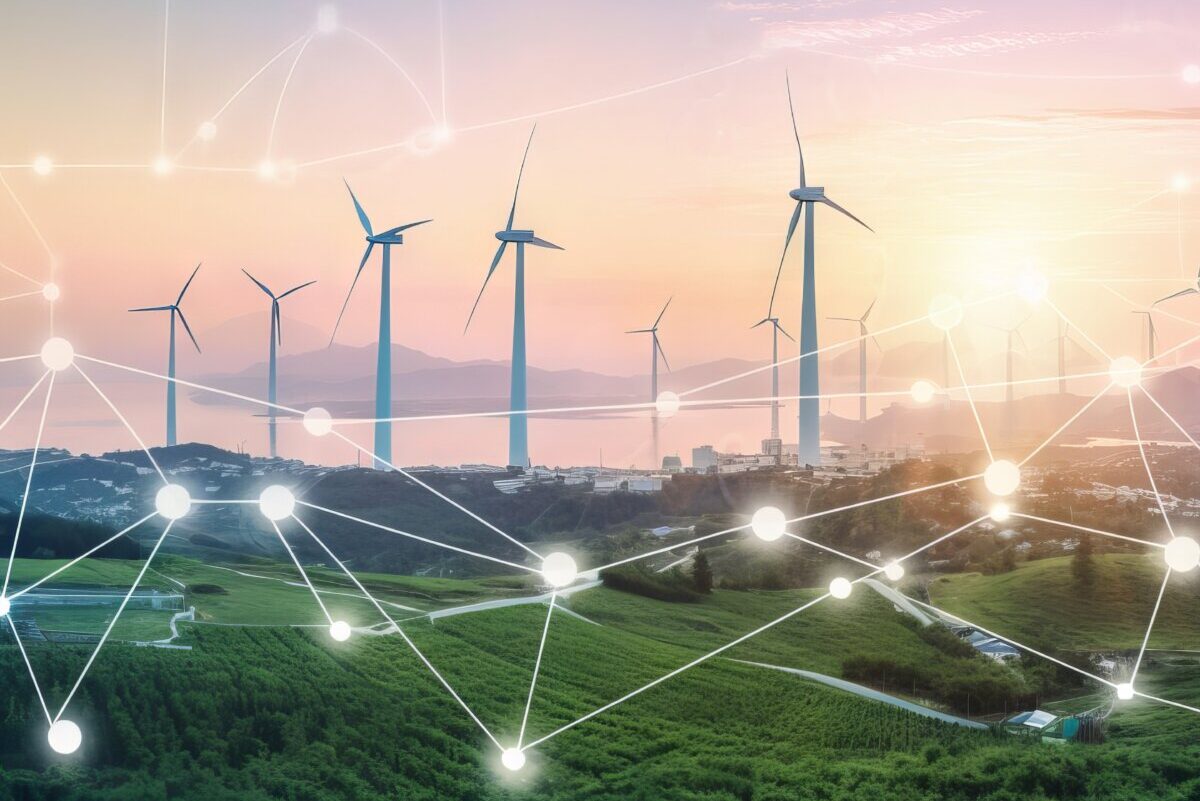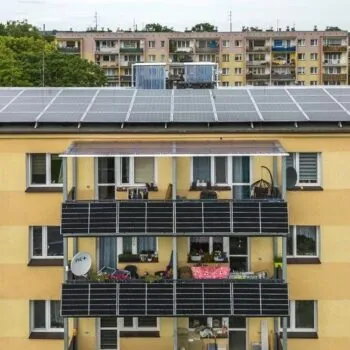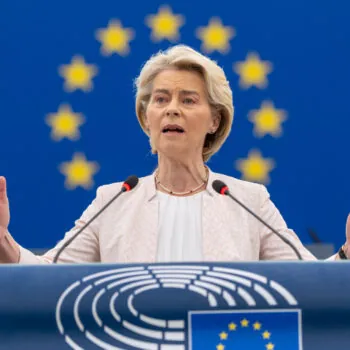A new generation of energy system is emerging. Our supply-side focused systems, dependent on centralised power plants, now increasingly include a myriad of distributed, smaller-scale solutions with consumers taking more active roles. This new way of seeing energy system can help meet our climate and social targets, if managed well. However, barriers remain in our financial, legislative, and political systems. Collaborative action from advocates of the new systems can provide the breakthrough we need.
Energy systems that integrate decentralised solutions with centralised generation and strengthened grids can accelerate the just energy transition. Electrification increases energy efficiency, and distributed renewables allow us to achieve net zero targets faster than large-scale technologies. In addition to these climate benefits, the new generation energy systems can be more affordable, equitable and resilient.
Organisations and coalitions are driving action around the various components of these new systems. However, they face common barriers, which are slowing progress. Decentralised solutions are often seen as individual technologies: small, niche and difficult to scale. Existing policy frameworks and financing models do not cater for these solutions, which slows their expansion.
Our new briefing invites proponents of new generation energy systems to break down silos and collaborate to tackle these common barriers. We recommend creating an ecosystem to advocate for:
- A global one-stop-shop (OSS) for new generation energy systems including a facility for country-level pathway analysis. This facility can build on existing international initiatives, collaborate with national OSS services, and provide a suite of knowledge and technical assistance.
- Champion governments to convene regional delivery summits on new energy systems. This could start on the sidelines of the Africa Climate Summit and SDG Summit in September 2023, or the Climate and Energy Summit in October 2023.
- Global delivery targets and tracking measures for the new generation of energy system. These should be based on models and analysis that account for distributed energy integration, and leverage existing platforms for accountability.
- A global commission to review the best financing options for new generation, consumer-led systems, including options to scale funding.



